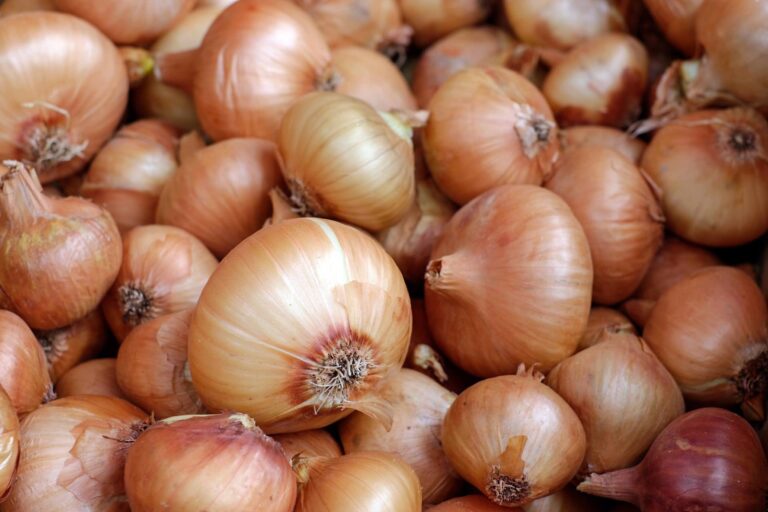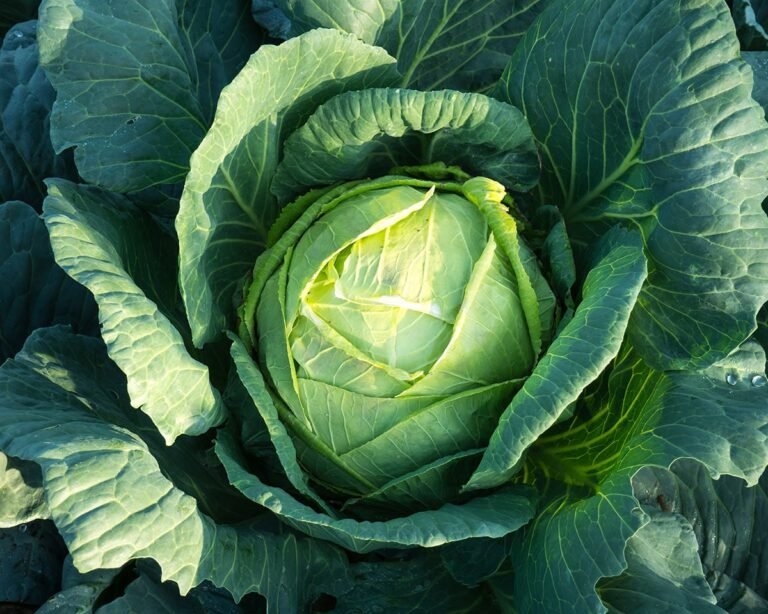Parler français comme une vache espagnole
“Parler français comme une vache espagnole” means to speak French with difficulty, to speak French very badly, or just to speak any language badly. But it literally means “to speak French like a Spanish cow!” How did this phrase, which is insulting to both Spaniards and to cows, come about?
The saying dates back to 1640 but its origins are unclear. One theory is that it came from “parler français comme un Basque espagnol. That’s because “vasque” or “vasces” meant Basque in the 17th century and resembles “vache” which means cow.
Another theory is that “vache” or “cow” was originally “basse,” meaning low. This referred to a person of low social standing like a servant. So a “basse espagnole” would have been a lowly female Spanish servant who spoke French badly.
A third theory is that “comme une vache” was a general phrase that described doing anything badly. In the 17th century, “Spanish” was also used to describe various disagreeable things, such as “payer à l’espagnole.” That meant to “pay” a bill or a check by beating up the person to whom the money was owed, rather than by simply paying money. So these two pejorative terms were combined to create “parler français comme un vache espagnole.”
In 1993, the French Open tennis tournament was won by a Spaniard, Sergi Bruguera, defeating Jim Courier of the USA. Bruguera made a brief victory speech in extremely poor French. Courier followed up with his own speech in quite good French. In his speech, Courier apologised for speaking French like a Spanish cow and looked pointedly at his opponent while doing so.






